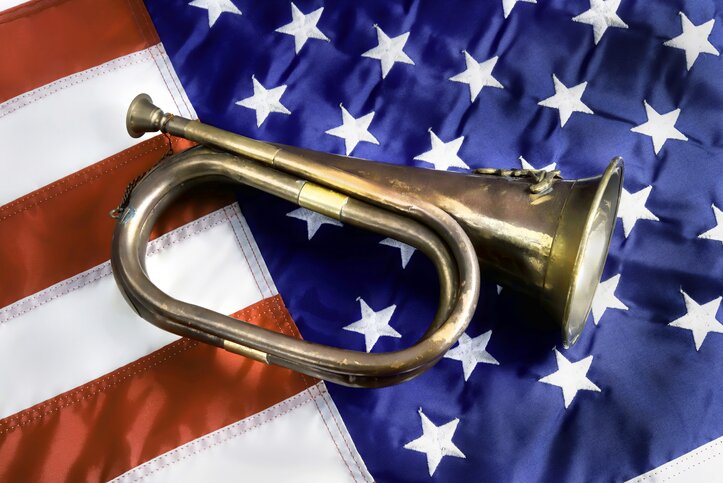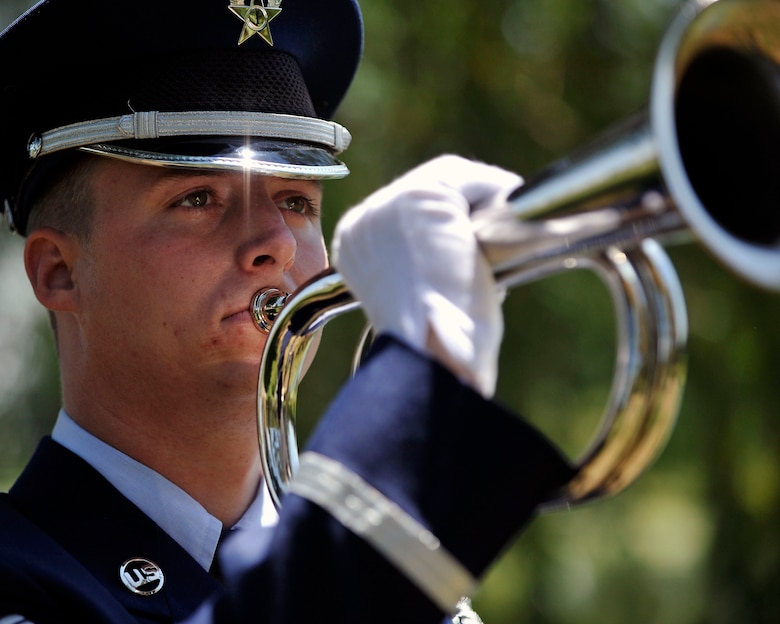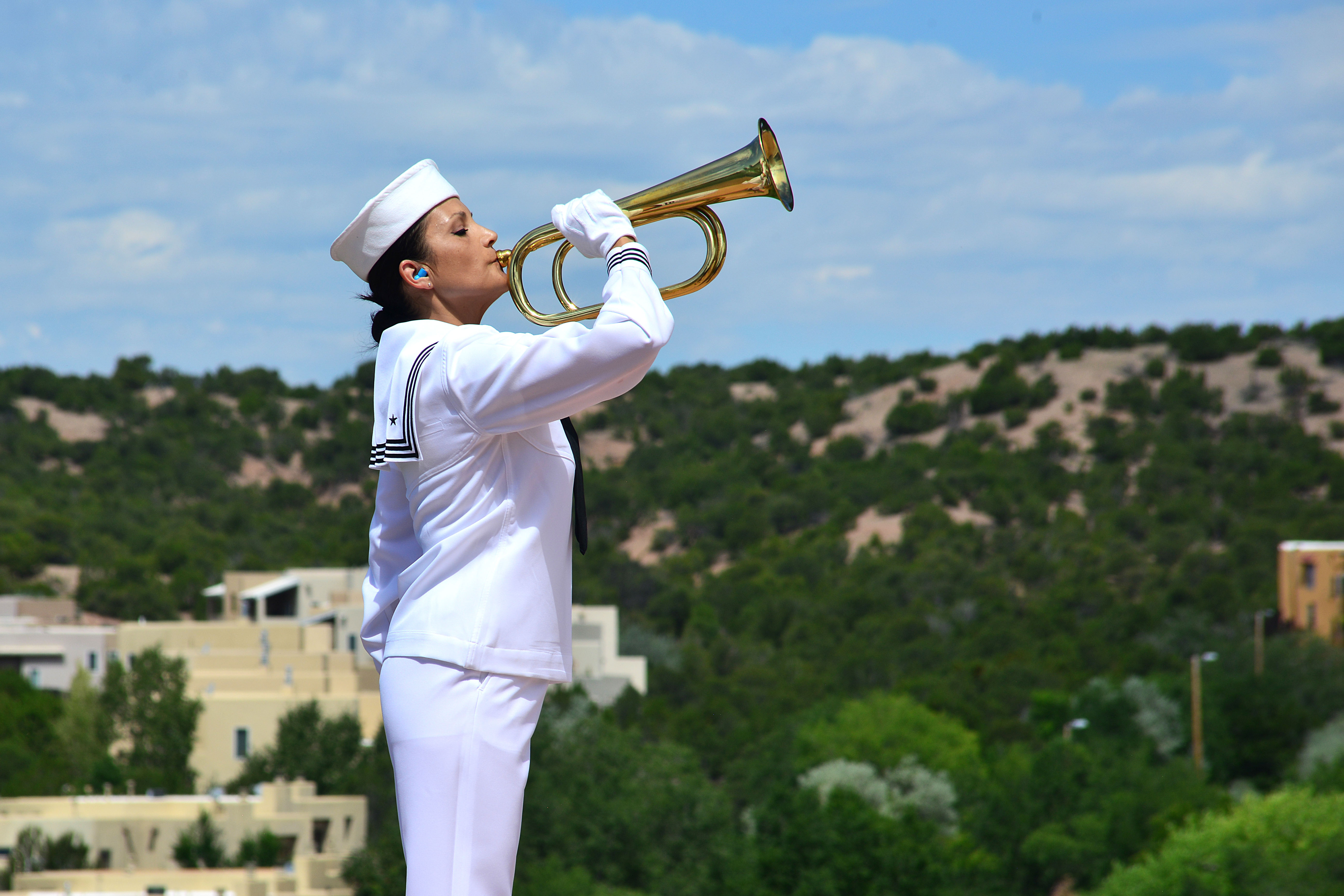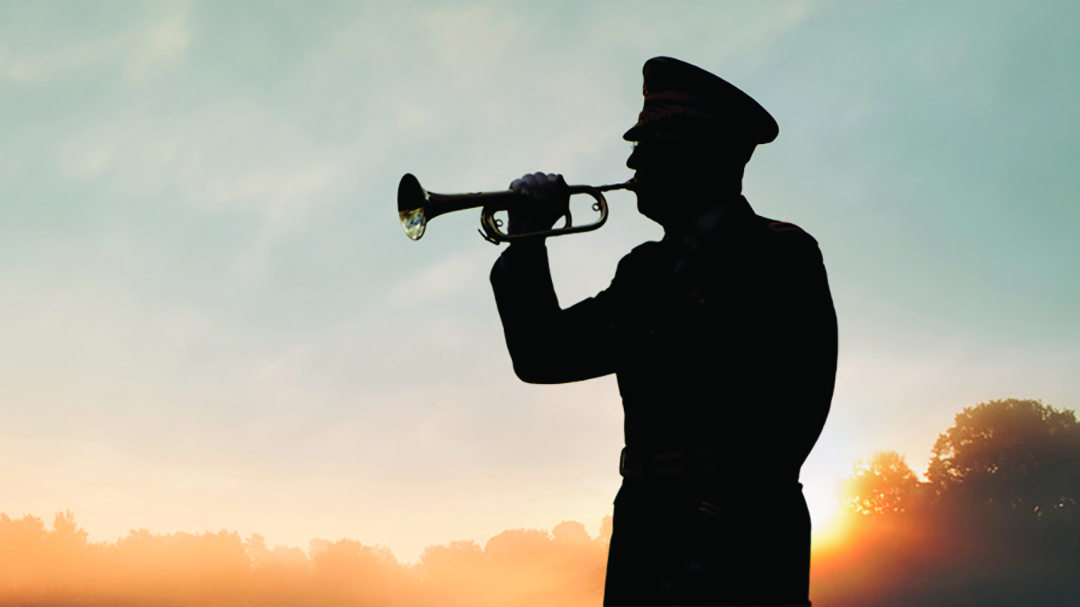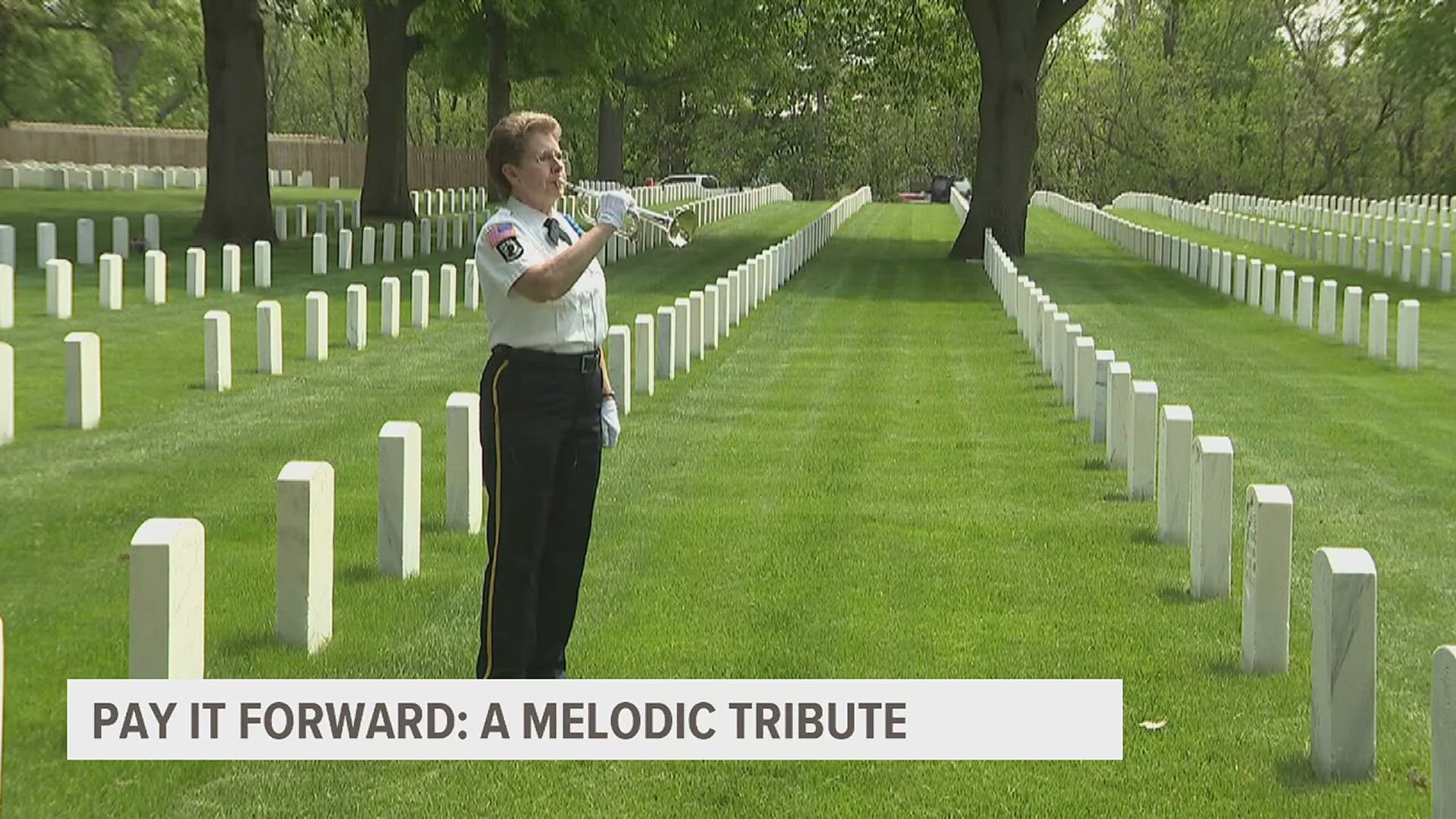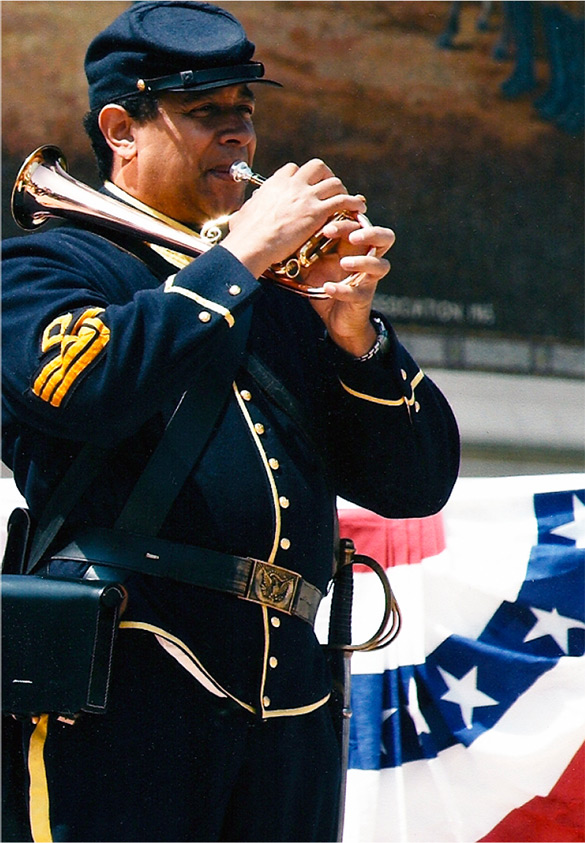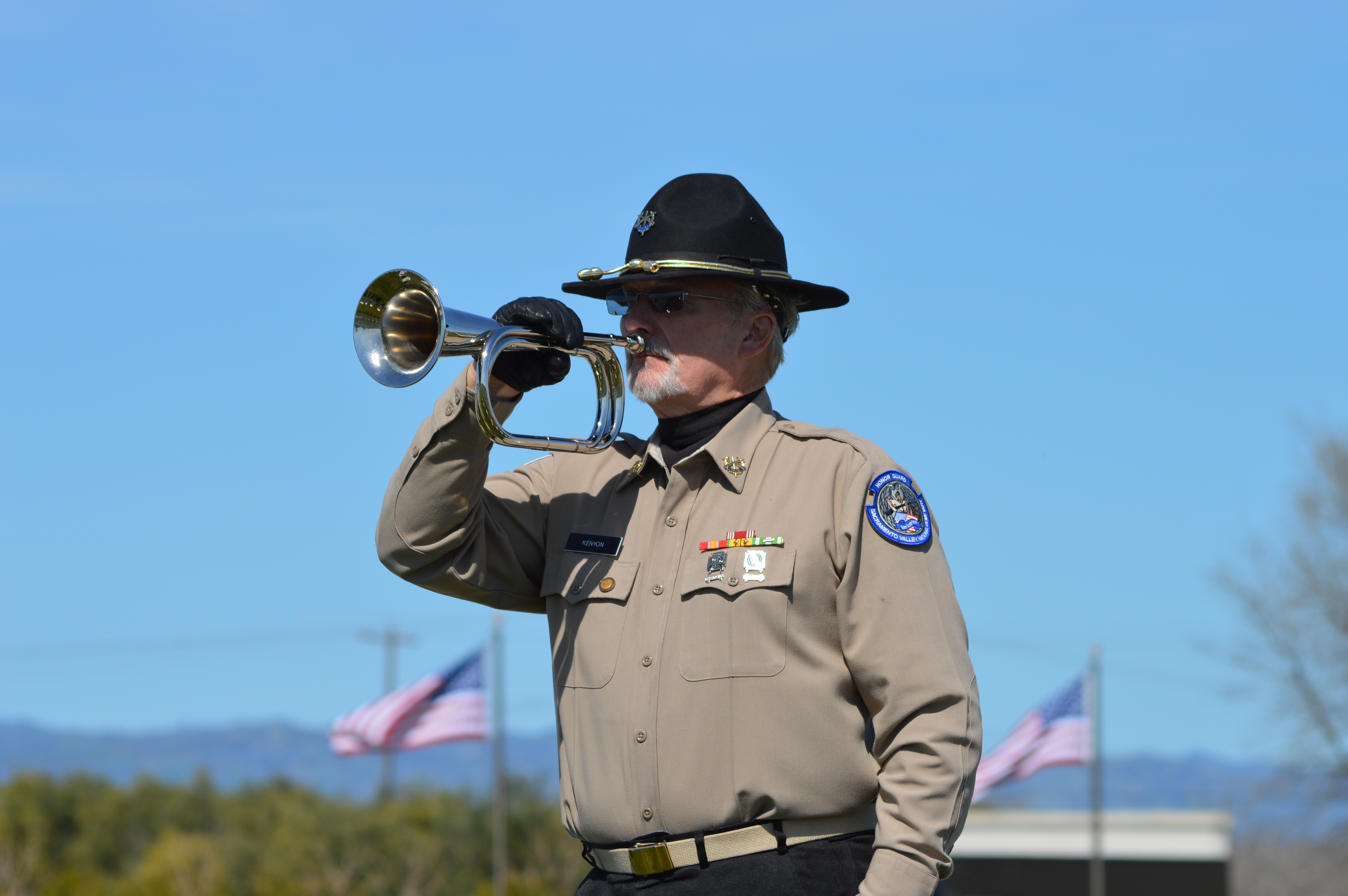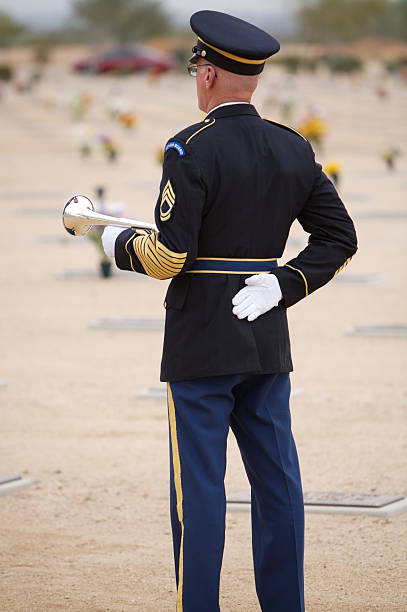Bugle Tune At Military Funeral Ceremonies

The mournful echo of Taps, the 24-note bugle call, has long been a solemn and integral part of military funeral ceremonies, a poignant farewell to those who served. But beneath its seemingly unwavering presence lies a complex issue: the diminishing number of buglers available to perform the tune live, and the increasing reliance on electronic alternatives, sparking debate over tradition, respect, and the true meaning of honoring the fallen.
This article delves into the evolving landscape of bugle performances at military funerals, exploring the reasons behind the shortage of buglers, the impact of electronic substitutes, and the efforts to preserve the tradition of live performances. It will examine the perspectives of military personnel, veterans, and musicians, aiming to provide a comprehensive overview of this sensitive and important topic.
The Vanishing Bugler: A Growing Shortage
For decades, the U.S. military relied on a dedicated corps of buglers to perform at funeral ceremonies. However, a confluence of factors has led to a significant decline in their numbers. Budget cuts, changes in military structure, and a decrease in musical training within the armed forces have all contributed to the scarcity.
The National Bugle Call Foundation estimates that a live bugler can only be provided at approximately 3-5% of the over 350,000 military funeral services held annually in the United States. This stark reality underscores the magnitude of the challenge facing military funeral honors programs.
The Rise of the Electronic Bugle
To bridge the gap, the Department of Defense (DoD) has authorized the use of electronic bugles, also known as digital bugles, which play a pre-recorded version of Taps. While intended as a respectful alternative in the absence of a live bugler, the use of these devices has generated considerable controversy.
Many veterans and families of deceased service members express a strong preference for a live performance, viewing it as a more authentic and personal tribute. They argue that an electronic recording, regardless of its quality, lacks the emotional resonance and human connection of a live rendition.
Arguments in Favor of Electronic Bugles
Proponents of electronic bugles emphasize their practicality and accessibility. They argue that it is better to have a dignified rendering of Taps, even if it is pre-recorded, than to have no bugle call at all.
The financial implications are also a consideration. Providing a live bugler at every military funeral would entail significant logistical and financial commitments, especially given the vast geographical distribution of funeral locations.
Preserving Tradition: Efforts to Revitalize Bugle Corps
Recognizing the importance of preserving the tradition of live bugle performances, various organizations and individuals have launched initiatives to address the shortage. These efforts range from recruiting and training new buglers to providing financial support for bugle corps.
Bugles Across America, a non-profit organization, is a prominent example. It recruits volunteer buglers nationwide to provide live performances at military funerals. The organization's founder, Jari Villanueva, a retired Air Force bugler, has been a tireless advocate for preserving the tradition.
The U.S. Army Band also plays a crucial role in training and supporting buglers across the Army. Through its various outreach programs, the band aims to cultivate a new generation of musicians capable of performing Taps with the dignity and respect it deserves.
The Emotional Impact of Taps
Regardless of whether it is played live or electronically, Taps remains a profoundly moving piece of music. Its haunting melody evokes feelings of sorrow, gratitude, and remembrance, providing solace to grieving families and honoring the sacrifices of the deceased.
“The sound of Taps brings me back to every man and woman I served with. It’s more than just a tune, it is a feeling of honor and respect for those who gave the ultimate sacrifice,” says Sergeant Major (Retired) Robert Jones, a Vietnam War veteran.
The Power of Live Performance
While the emotional impact of Taps is undeniable in any form, many believe that a live performance elevates the experience to a higher level. The subtle variations in tone, the slight imperfections, and the sheer human presence of the bugler create a more intimate and meaningful connection.
The improvisation and individual expression a live bugler brings to the performance cannot be replicated by a recording, however high-quality. It is this human element that makes the live rendition so powerful and emotionally resonant.
Looking Ahead: Finding a Balance
The debate surrounding bugle performances at military funerals is unlikely to disappear anytime soon. Finding a balance between practicality, affordability, and the desire to honor tradition remains a challenge.
Increased funding for military music programs, greater public awareness of the bugler shortage, and continued support for organizations like Bugles Across America are crucial steps in preserving the tradition of live performances. Ultimately, the goal is to ensure that every fallen service member receives a fitting and respectful farewell, regardless of the means by which Taps is performed.
The future likely lies in a multi-faceted approach, utilizing both live buglers and electronic alternatives strategically. Prioritizing live performances whenever possible while ensuring that a dignified rendering of Taps is always available remains the most sensible path forward, honoring the sacrifices of those who served while acknowledging the realities of a changing world.
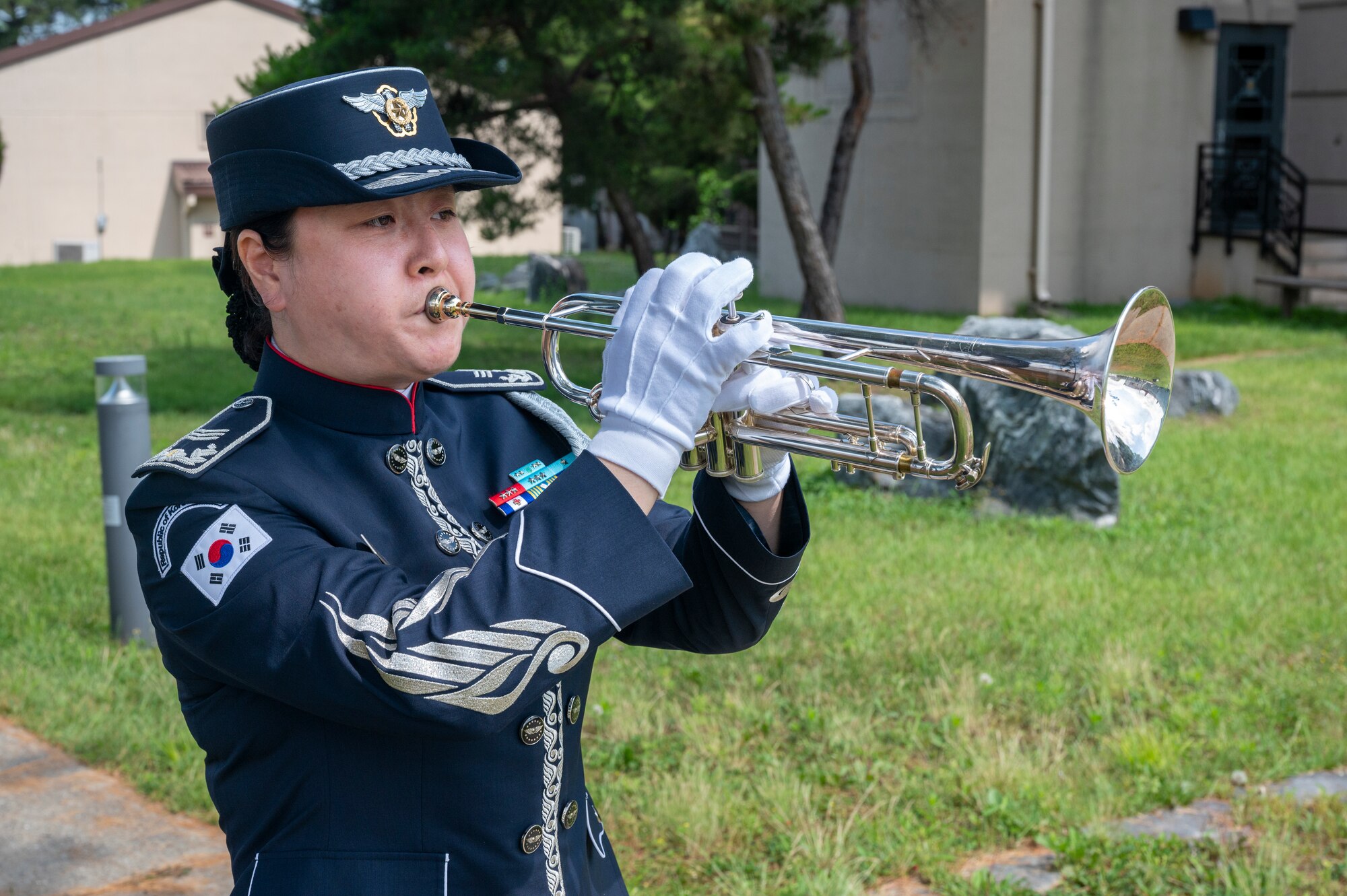
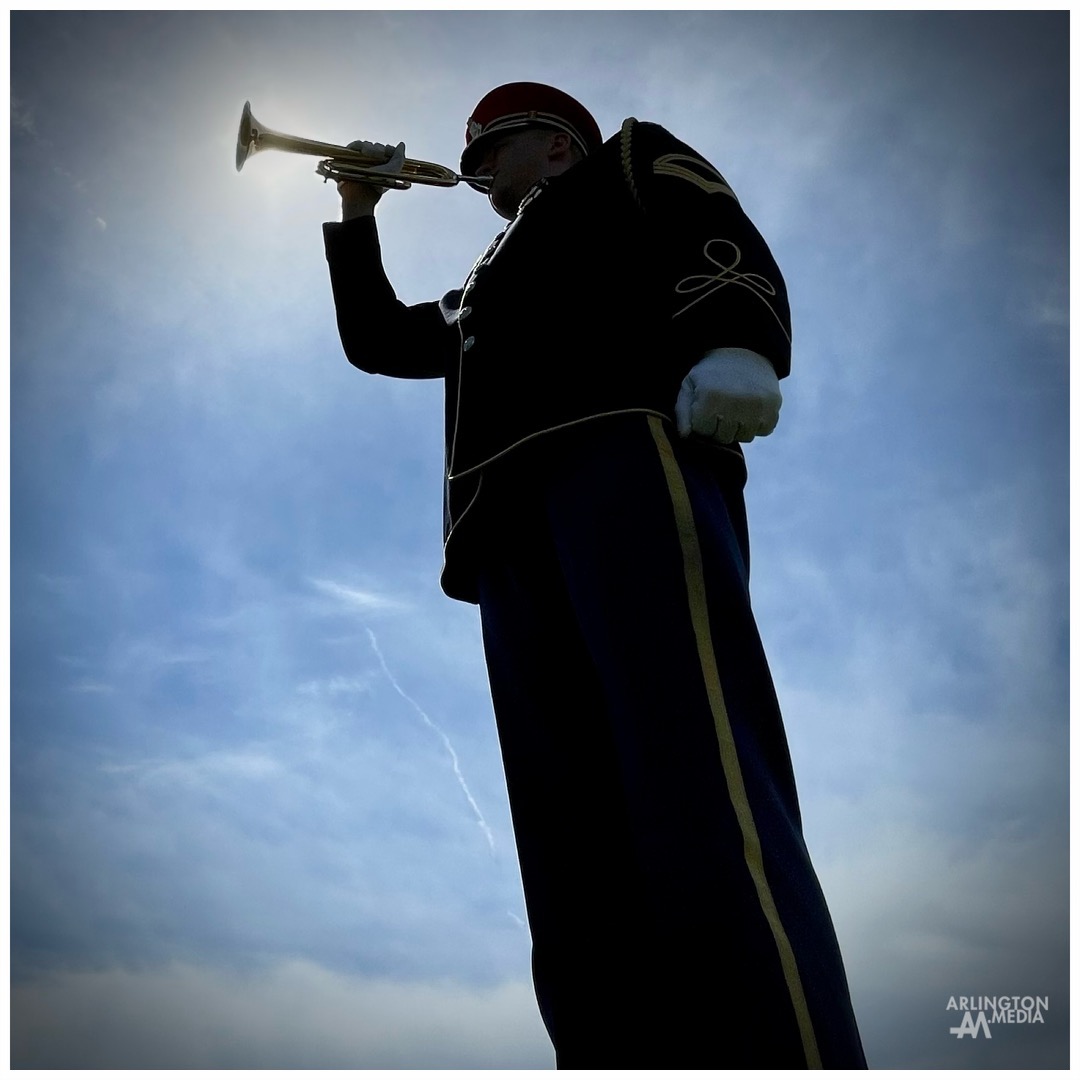
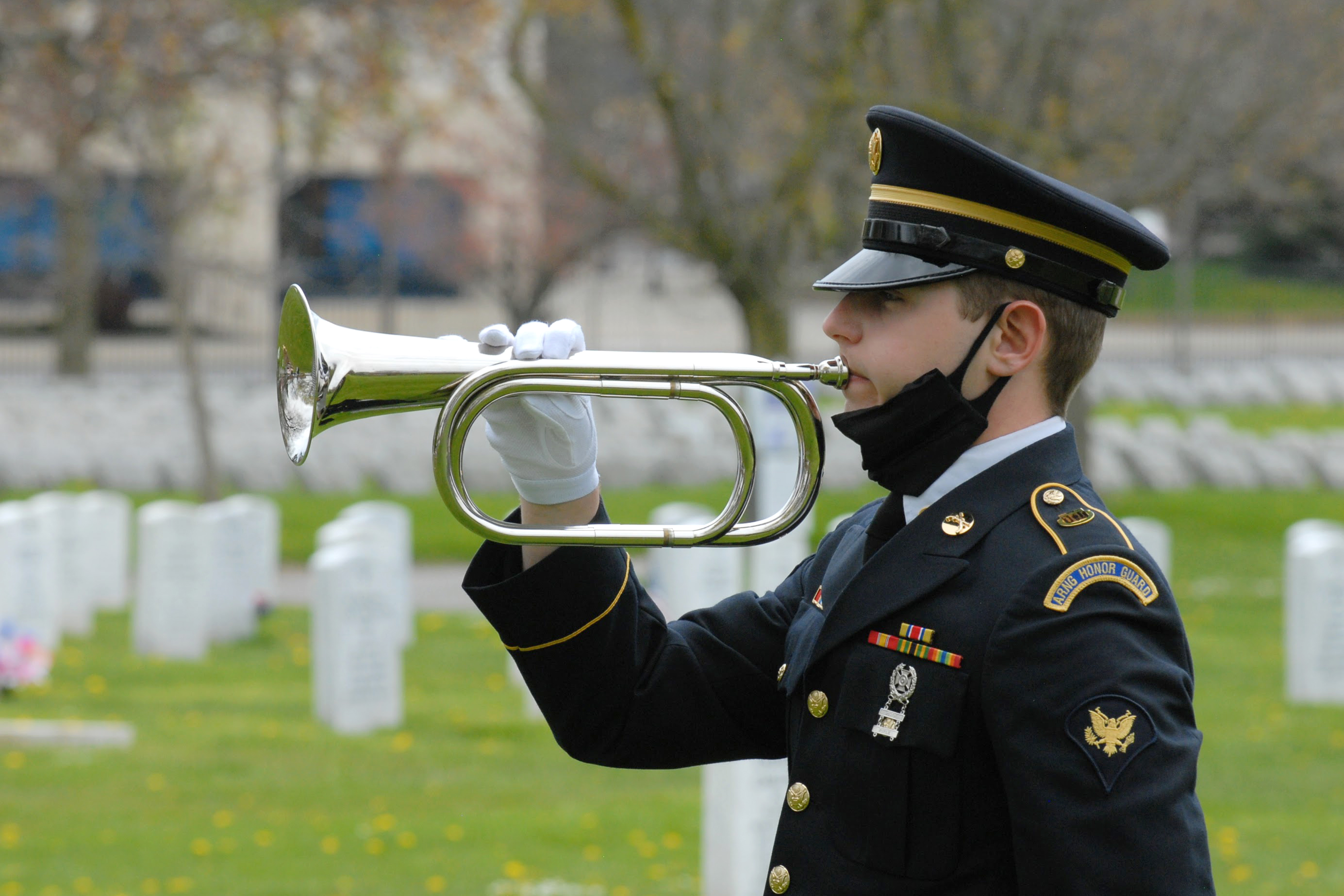
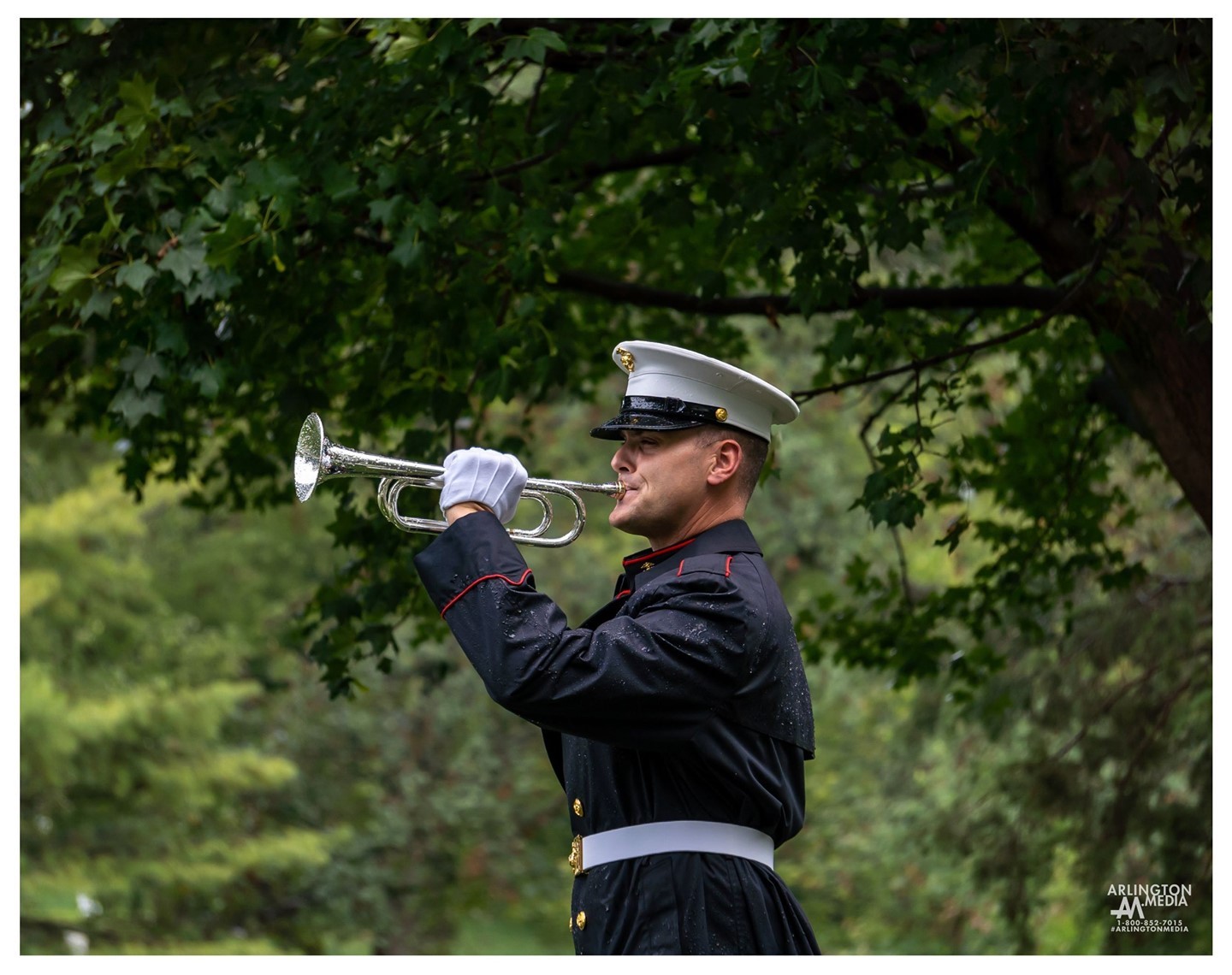
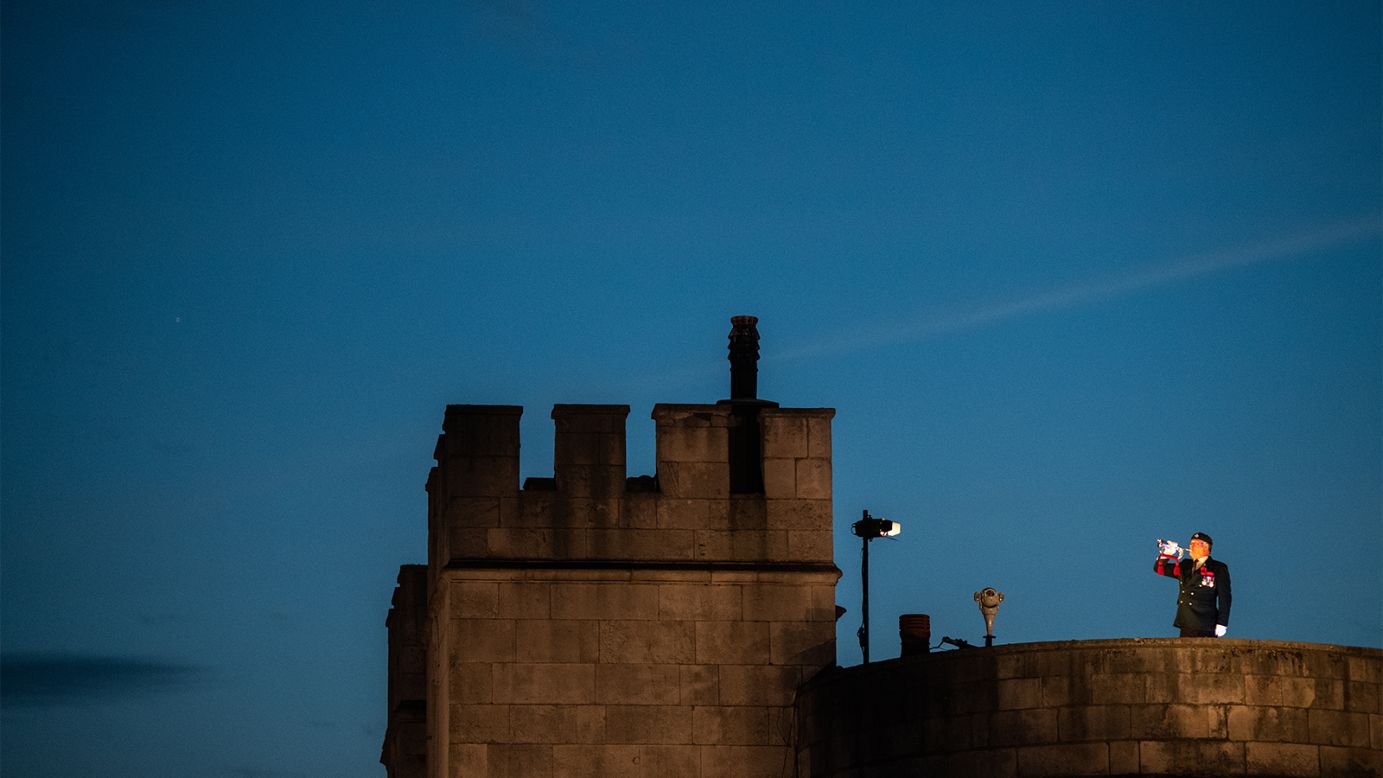
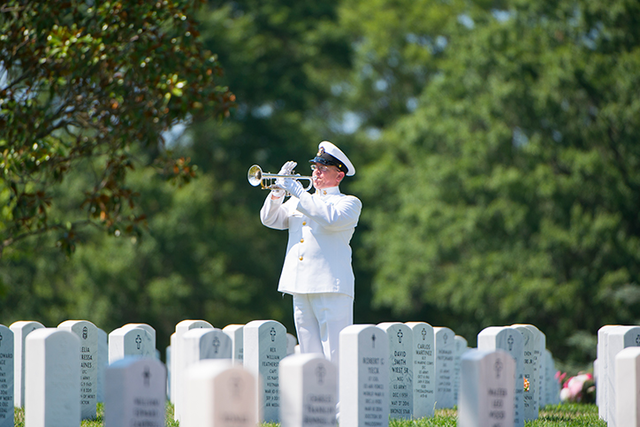

![Bugle Tune At Military Funeral Ceremonies Bugles Across America - [Live Bugle Player at Veteran Funerals] - YouTube](https://i.ytimg.com/vi/6a7pbjRFEMs/maxresdefault.jpg)
